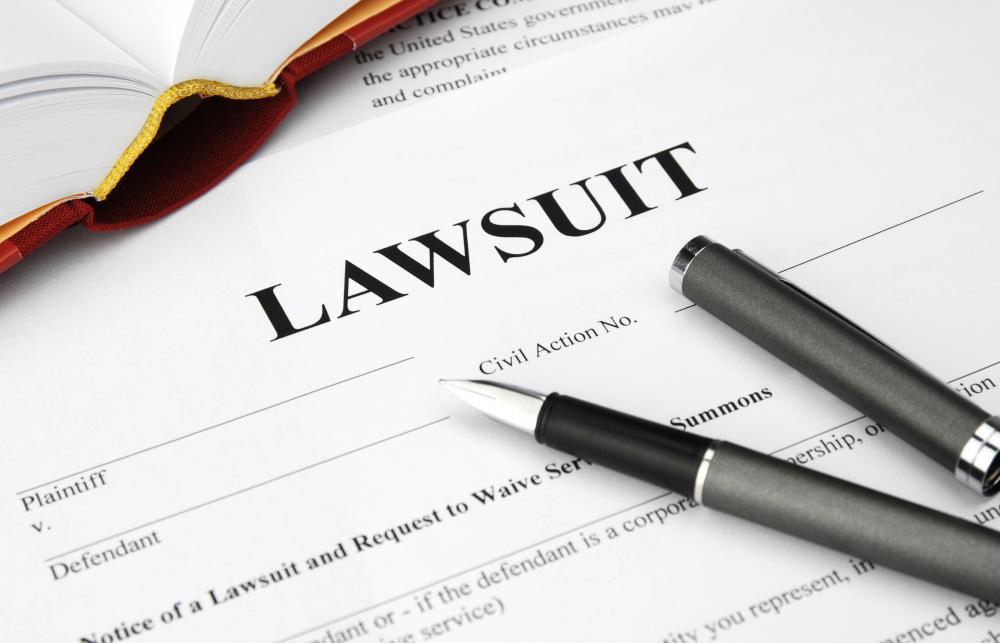At WiseGEEK, we're committed to delivering accurate, trustworthy information. Our expert-authored content is rigorously fact-checked and sourced from credible authorities. Discover how we uphold the highest standards in providing you with reliable knowledge.
What is the Attorney-Client Privilege?
The relationship between an attorney and her client is a special one that involves certain special privileges. One example is the attorney-client privilege. This establishes a right of confidentiality between the two parties. It applies to civil, administrative, and criminal cases. It also applies at all stages of the legal process and afterward.
In order for a client to get the best possible legal representation, he must be able to communicate openly with his attorney. Likewise, an attorney needs to be able to communicate openly with her clients. The attorney-client privilege allows such open and honest communication to take place without either party having to fear obligation to reveal what is disclosed between them.

The attorney-client privilege extends beyond the two parties. Anyone who is working as part of the legal team that represents a client may be bound by the attorney-client privilege. This means that if a client divulges information to associates of the attorney, such as to her legal secretary or paralegal, it may be protected by a right to confidentiality.

All communication between the attorney and client is covered by this privilege. This includes things that are discussed and written correspondence such as letters and emails. The attorney-client privilege stands even when an attorney is no longer representing the client. This includes instances when the client fires his attorney, the attorney decides she is unable to continue representing an individual, or the client dies.

The attorney-client privilege empowers the client. If, for some reason he wants to, the client can decide to waive his right to confidentiality. An attorney, however, does not have the option to decide that she no longer wishes to keep information that she has received confidential. An attorney can advise a client to keep certain information about a case confidential, but this privilege does not allow the attorney to restrain a client from saying what he wants to whomever he wants.
Several things can happen if an attorney violates the attorney-client privilege. The client may take legal action against the attorney. The client may aim to have the disclosed information suppressed from the record. In some instances, the case may even be dismissed.
A person should realize that there are instances when the attorney-client privilege does not offer protection. One such instance is when a client informs his attorney that he intends to commit a crime. Another instance is when a person seeks the advice of a legal representative to disclose how to best commit a fraudulent act. The names of an attorney's clients and the fees they pay for legal representation are also generally not considered privileged information.
AS FEATURED ON:
AS FEATURED ON:













Discussion Comments
@Vincenzo -- That is horrible advice is you are talking about someone who has already been charged with a crime. A criminal defendant needs to tell his or her lawyer everything about the events leading up to the criminal charge and trust that most of what is said will be protected by attorney client privilege.
An attorney who doesn't have all the facts can't very well defend a case, so your lawyer needs all the information about your case that is out there. Not revealing important details is something a defendant could very well regret later.
The best rule of thumb is to avoid telling your lawyer anything that could wind up incriminating you. There are some things that client attorney privilege does not protect and you don't want to spill your guts and make a statement that can be used to hang you later.
If in doubt, then, keep your mouth shut.
Post your comments